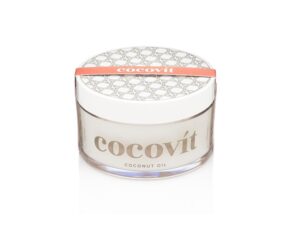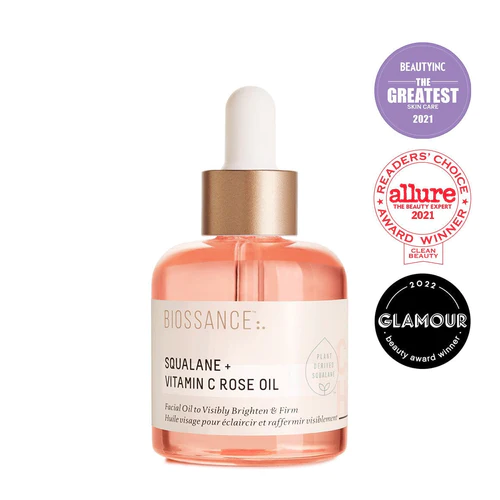During the winter season, the cold and dry air can cause our skin to become dehydrated, leading to uncomfortable dryness. In fact, studies have shown that our skin loses up to 25% of its ability to retain moisture during the winter months, compared to the rest of the year.
1.) Shower less OR take shorter showers
To combat winter skin, it’s important to take certain measures, such as reducing shower time or frequency. Research indicates that taking shorter showers or showering every other day can help maintain the skin’s natural moisture barrier. For those who initially respond with “ew, gross” to not showering, perhaps shortening your shower time is the option for you. Set a timer or play your favorite song and commit to getting out when the song is over.
2.) Drink water
Drinking water is vital for keeping your skin hydrated, even in the winter. Try drinking at least 8 glasses of water a day, or half your body weight). Additionally, it’s important to avoid sugary or caffeinated drinks, which can dehydrate your skin. And healthy teas such as green tea or hibiscus tea count towards your water consumption and can keep you warm.
3.) Use a humidifier
The dry air in your home during the winter can also cause your skin to dry out. Using a humidifier can help to add moisture to the air, which can, in turn, help to keep your skin hydrated. Place a humidifier in your bedroom or other rooms where you spend a lot of time, and run it regularly.
4.) Keep cream or oil in your bag
Your hands are often the first to show signs of dry skin in the winter, as they are constantly exposed to the elements. Wear gloves when you’re outside to protect your hands, and use hand cream regularly. Look for a cream that contains ingredients like shea butter or coconut oil, which can help to hydrate and soothe dry, cracked skin.
5.) Find a facial oil that works for your skin
Using a facial oil before sleep and when you wake up in the morning can work wonders. We’re big fans of Environmental Working Group’s (EWG) verified Biossance’s Squalame + Rose Oil, which works on all skin types and is perfect for winter. Or for something more affordable, you can use olive oil which is full of antioxidants, and can serve double duty for your cooking needs.
What are some of your winter skin tips? Share with us in the comments section!






 Backyard Pyar: A Unique Dating Experience for South Asian Singles
Backyard Pyar: A Unique Dating Experience for South Asian Singles Ringing in Change: Sakhi’s Historic Achievement
Ringing in Change: Sakhi’s Historic Achievement Good Indian Girl, Sort Of: Sonya Soni
Good Indian Girl, Sort Of: Sonya Soni